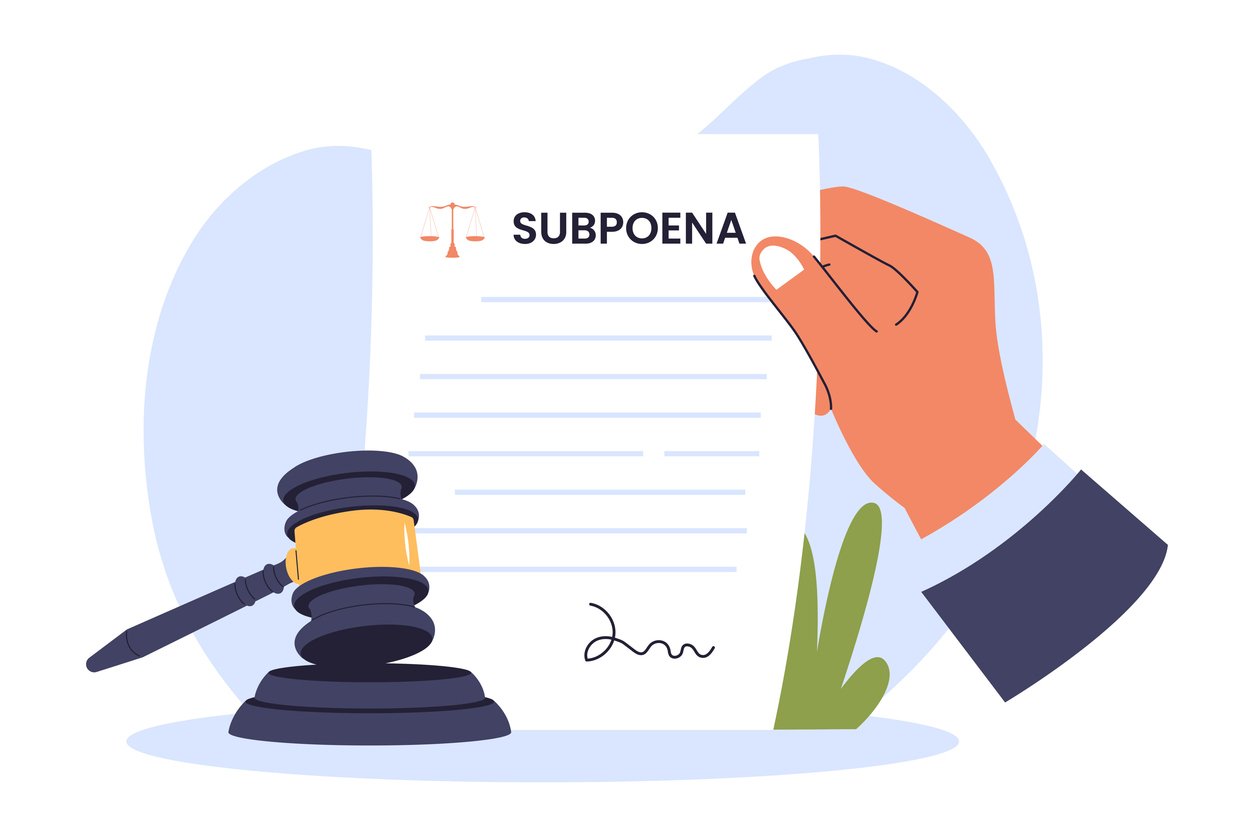 In the digital age, where personal information and public personas are easily accessible, the line between privacy rights and publicity rights can become blurred. While both concepts aim to protect individuals, they serve different purposes. In this blog post, we’ll explore the key differences between the right to privacy and the right to publicity, particularly in Los Angeles, California.
In the digital age, where personal information and public personas are easily accessible, the line between privacy rights and publicity rights can become blurred. While both concepts aim to protect individuals, they serve different purposes. In this blog post, we’ll explore the key differences between the right to privacy and the right to publicity, particularly in Los Angeles, California.
What Are Privacy Rights?
The right to privacy is a fundamental legal principle that protects individuals from unwarranted intrusion into their personal lives. In California, the right to privacy is protected under both the California Constitution and civil laws. These rights safeguard individuals from having their personal information, images, or behaviors disclosed without consent.
Key Aspects of Privacy Rights
- Protection of Personal Information: Privacy rights prevent unauthorized access to private details, such as medical records, financial information, or personal correspondence.
- Expectation of Privacy: In certain settings—like your home or personal devices—individuals have a reasonable expectation of privacy. This means that others cannot invade your space or intercept your communications without legal justification.
- Legal Recourse: If your privacy is violated, you have the right to seek legal action, including claims for invasion of privacy or emotional distress.
What Are Publicity Rights?
The right of publicity, on the other hand, is concerned with an individual’s ability to control the commercial use of their name, image, or likeness. In California, publicity rights allow individuals, especially celebrities and public figures, to prevent others from profiting off their identity without permission.
Key Aspects of Publicity Rights
- Control Over Public Image: Public figures and even private individuals have the right to control how their name, image, or likeness is used in advertisements, products, or any commercial venture.
- Protection Against Unauthorized Use: Publicity rights prevent companies, media outlets, or others from exploiting an individual’s identity for commercial gain without obtaining proper consent.
- Transferable and Inheritable: Unlike privacy rights, publicity rights can be transferred or inherited. For instance, the family of a deceased celebrity can control and profit from the deceased’s name or image.
Key Differences Between Privacy and Publicity Rights
While both privacy and publicity rights protect individuals from unauthorized use of their image or information, they differ in their scope and application.
Purpose of Protection
- Privacy Rights: Protect personal space and private information from being exposed or exploited by others.
- Publicity Rights: Focus on preventing unauthorized commercial use of a person’s identity for profit.
Who Is Protected?
- Privacy Rights: Apply to all individuals, regardless of their public status.
- Publicity Rights: Are typically more relevant to celebrities, public figures, or individuals whose image has commercial value.
Legal Recourse
- Privacy Violations: Legal claims may include invasion of privacy, defamation, or emotional distress.
- Publicity Violations: The individual can file a lawsuit for damages related to the unauthorized use of their likeness or identity for commercial purposes.
Understanding the difference between privacy rights and publicity rights is crucial, especially in today’s media-driven world. Whether you’re looking to protect your personal privacy or ensure that your public persona isn’t exploited, it’s important to know your legal rights. If you need legal assistance regarding privacy or publicity issues, contact Law Advocate Group, LLP today for expert advice and representation.



